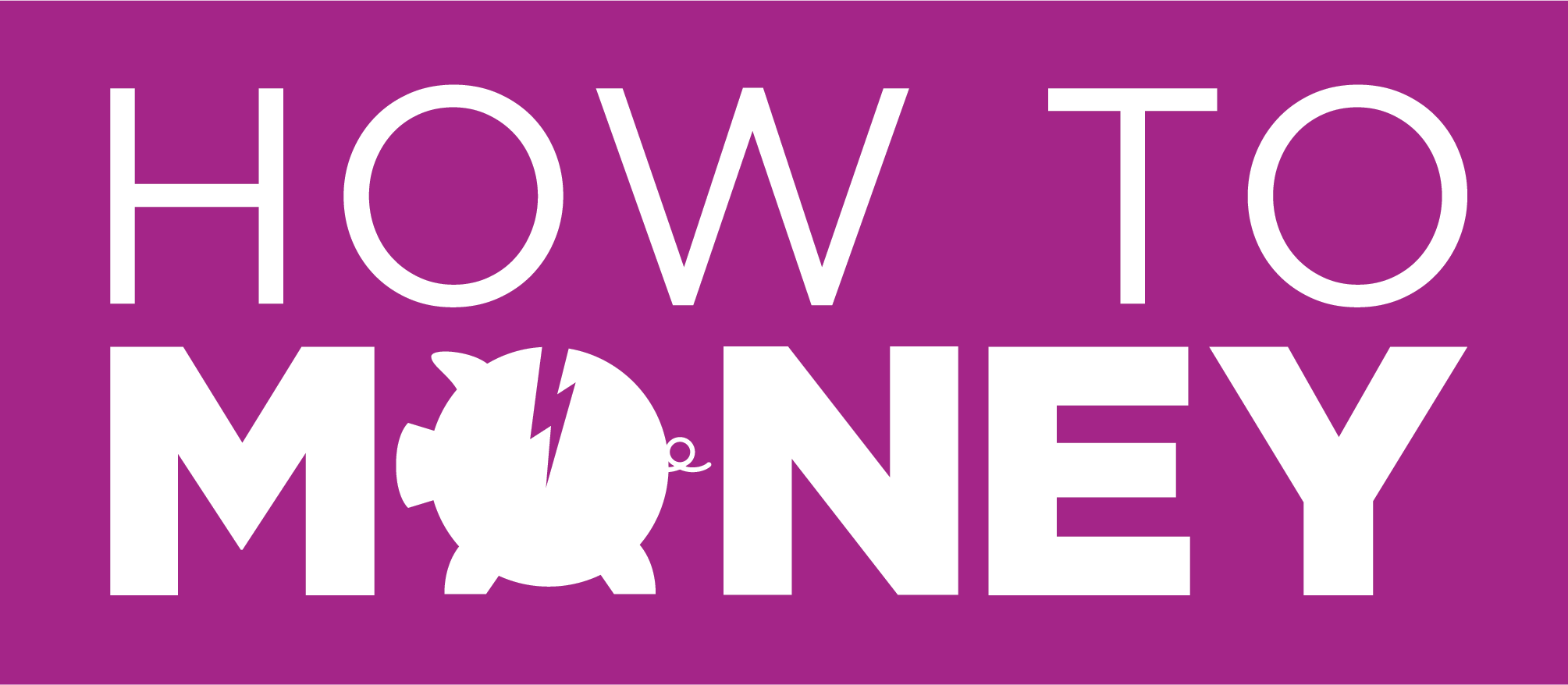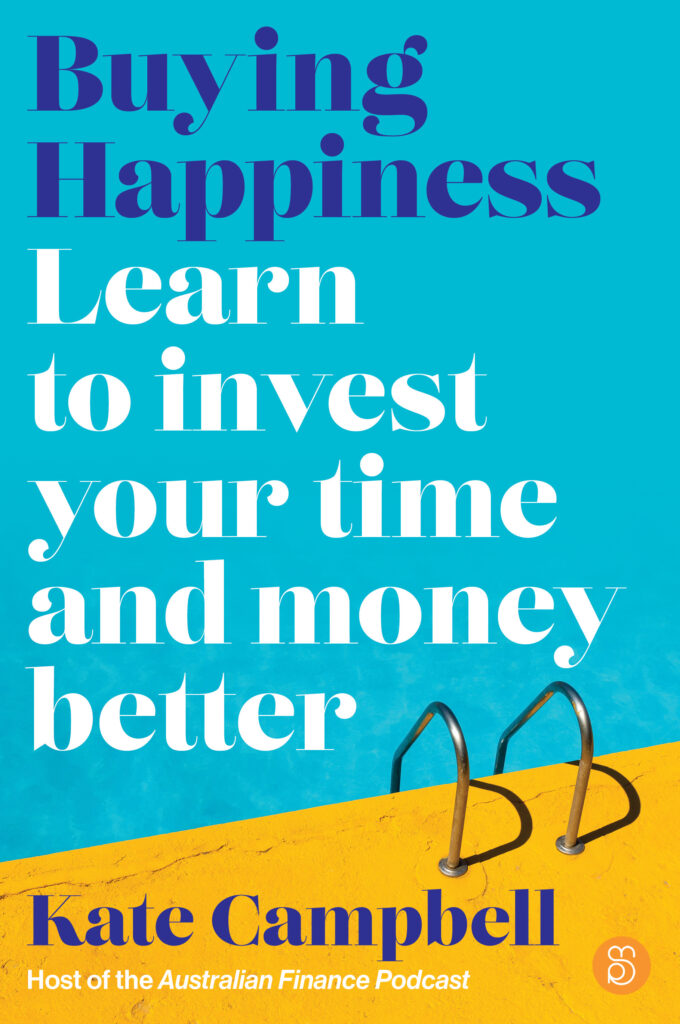
Your Willingness vs Your Ability to Take Risks
Your ability to take risks is very different from your willingness to take risks.
As we all know, just because we can (and possibly should do something) doesn’t mean we actually go through and do it. This is something I’m increasingly noticing when it comes to investing.
Your ability can be determined objectively by someone looking at your life and circumstances (for example a financial adviser getting you to do a quiz to work out if you’re a high risk or balanced investor), but willingness is a far more subjective and personal matter.
Let’s zoom out…
Let’s say you’re in another country and you’re at a restaurant, which has a range of specials listed. I’m sitting next to you and know that back in Australia you were super outgoing when it came to trying new foods and experiences, so from my perspective, your ability to take a risk and try one of the mysterious specials is fairly high right now.
But as you look through the specials, you remember the stories your parents told you about visiting this country when they were younger, and getting food poisoning from being too adventurous with their food choices.
So you err on the side of caution today and order something you recognise from the regular menu. I’m surprised because it doesn’t seem like you, but after you explain the back story with your parents it makes a lot more sense.
In this situation, your willingness to take risks was personal, and not something I could have assessed accurately from the outside.
Getting to know yourself
That’s why it’s so important to get to know our money story and money mindset better. Because when it comes to money, your past experiences don’t always stay in the past.
Things you were told about money growing up, witnessing a parent lose their job or seeing a great aunt build wealth through buying properties all shape your perspectives about money.
Action Step: It’s a helpful exercise to reflect on all the experiences you can recall involving money while you were growing up, and then unpack each one.
You can then either disprove these things (e.g. your Dad telling everyone that you’re bad with money) or understand them better (e.g. start learning about why people invest).
Financial education builds financial confidence.
The more you learn about yourself, the better you’ll be able to manage your money and make decisions accordingly moving forward.
Plus, these can be helpful stories to share with a financial professional when they’re assessing your ability to take risks, as it gives them some better perspective into how willing you might be too.






